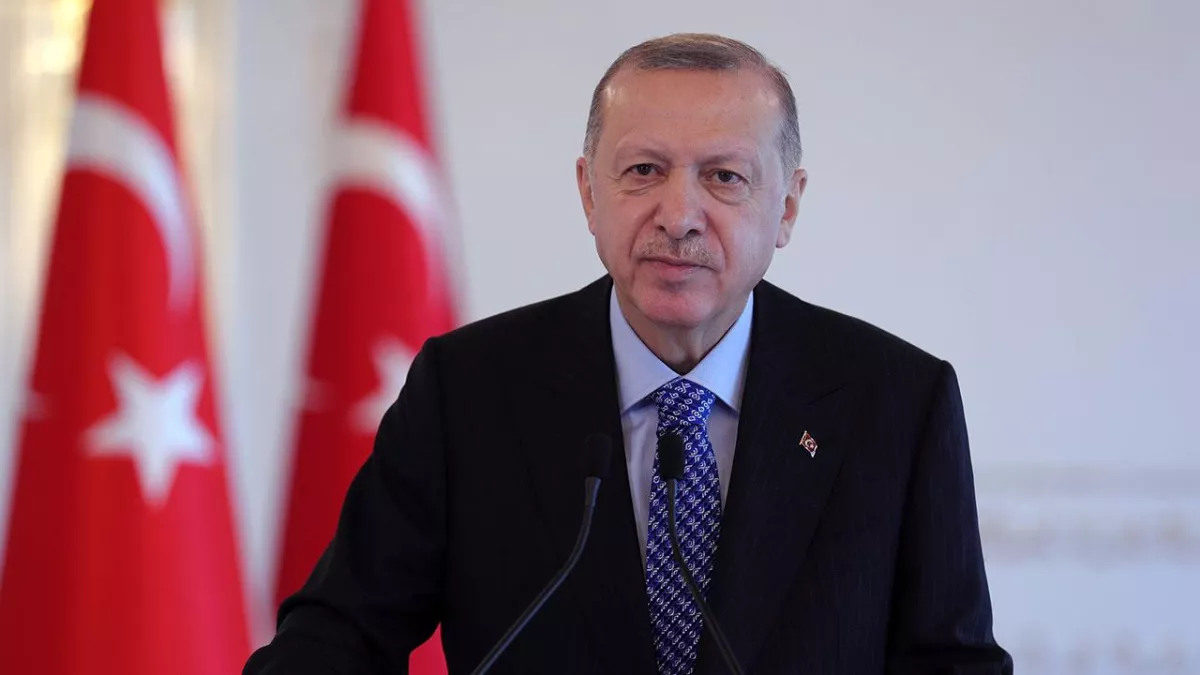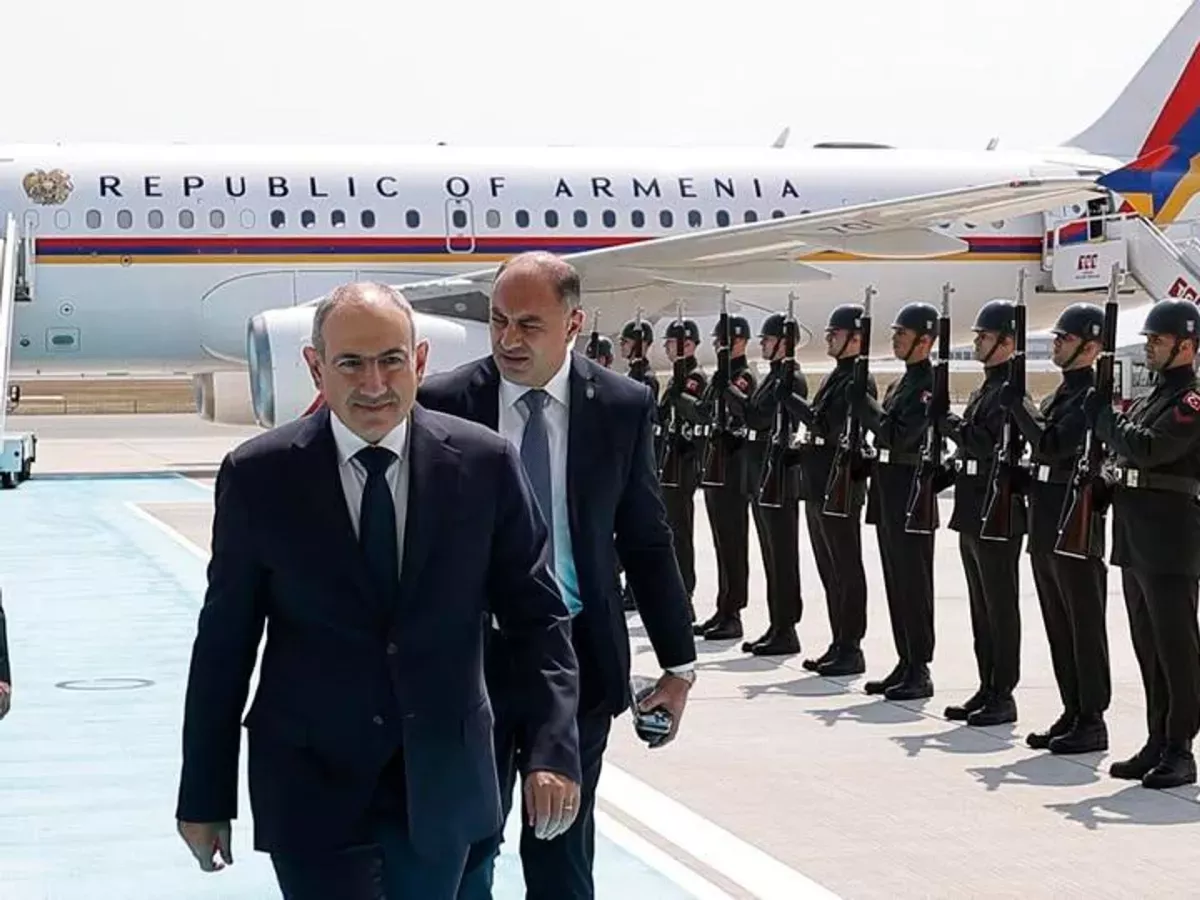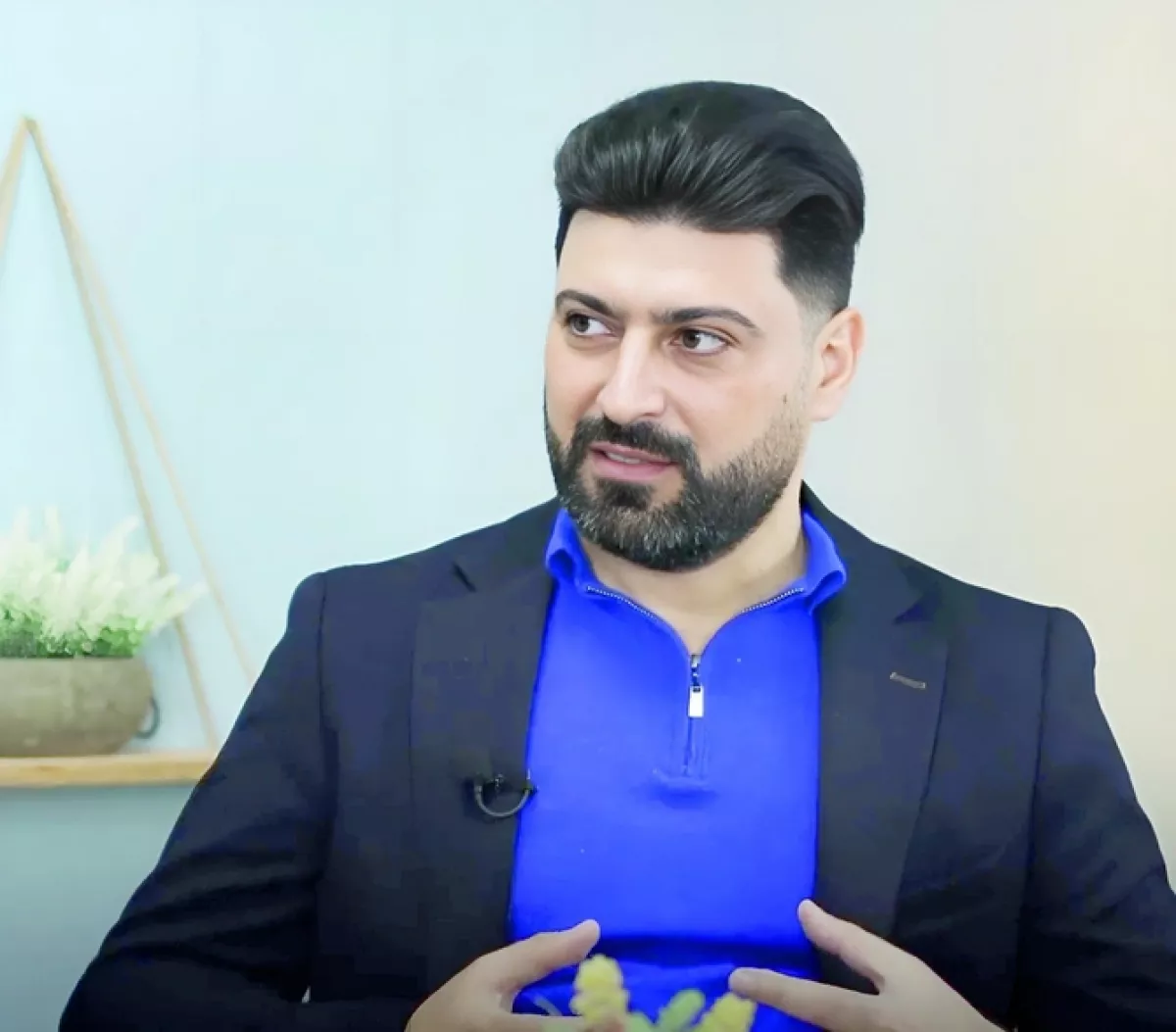Armenia at a crossroads: Corridor or isolation Expert opinions on Caliber.Az
Turkish President Recep Tayyip Erdoğan expressed hope that Armenia may agree to the opening of the Zangezur Corridor.
According to him, despite Yerevan’s initial rejection of Azerbaijan’s conditions regarding the Zangezur route, Armenia is now demonstrating a more flexible approach in the interest of regional economic integration.

“The corridor will give new momentum to the Middle Corridor. Turkish goods will reach Central Asia and China more quickly, and cargo from Europe to China will pass through Türkiye,” Erdoğan stated.
He particularly emphasised the importance of the railway component of the Zangezur route, noting that this line will play a key role in freight transportation. “The strength of the Middle Corridor stems from here,” he added.
According to the Turkish leader, the road will run through Iğdır and connect to Nakhchivan. He expressed confidence that this would become an important step in the development of regional transport logistics.
Erdoğan noted that the implementation of the Kars–Iğdır–Nakhchivan railway and infrastructure projects in Karabakh will become significantly more efficient after the opening of the Zangezur Corridor. “The world is changing, and this calls for new solutions and the activation of economic potential,” he stressed.

On June 20, Armenian Prime Minister Nikol Pashinyan visited Istanbul, where he was received by the President of Türkiye. It is likely that during this meeting, Yerevan was given a clear message: time is running out. Armenia must either integrate into the broader regional framework or remain excluded from key projects for many years to come.
Meanwhile, media leaks suggest that Azerbaijan and Armenia may be approaching a consensus on the corridor’s operation — on Baku’s terms. This would mean unrestricted transit without border or customs control, under the management and guarantees of an American logistics company.
According to the Carnegie Politika portal, the United States has proposed appointing an American operator to oversee the Zangezur route. Sources indicate that the administration of President Donald Trump presented a plan under which the management and monitoring of cargo transit would be entrusted to a U.S. company.
This format is expected to provide long-term security guarantees for Azerbaijan while preserving Armenia’s sovereignty over the route.
In the United States, this approach is viewed with cautious optimism. “Maybe President Donald Trump will even win a Nobel Peace Prize for it,” the article’s authors quote an American official as saying.
But how realistic is this scenario in the near future? Could Yerevan agree to open the Zangezur route along the northern bank of the Araz River under such terms?
Prominent analysts shared their views on this issue with Caliber.Az.

Armenian analyst and publicist Ishkhan Verdyan recalled that Prime Minister Nikol Pashinyan has made it clear: there will be no “corridor” outside of Armenia’s sovereignty.
“Nevertheless, I believe it is likely that Yerevan and Baku will reach a compromise under which Azerbaijani citizens will be able to cross Armenian territory through simplified procedures developed in line with the logic of regional development. Parliamentary Speaker Alen Simonyan has already mentioned the possibility of a visa-free transit model, similar to the arrangement between Armenia and Georgia.
Pashinyan will not cede control of Armenian territory to any external power. However, it seems he has reached an understanding with President Erdoğan and will likely finalise an agreement with President Aliyev soon.
The Zangezur route will most likely be opened and become a sustainable transport solution linking Nakhchivan with the rest of Azerbaijan. This will create new economic flows and help lift the region out of isolation.
As for U.S. involvement — if they are offering technical support, such as logistics, IT monitoring, and cargo security, that could be discussed. But if ‘guarantees’ imply control or military presence, one must ask: how natural do American epaulettes look when worn by service personnel?” Verdyan noted.

Azerbaijani transport logistics expert Rauf Aghamirzayev, in turn, noted that active work is currently underway primarily on the road components of both projects leading to Nakhchivan.
“We are talking about two parallel initiatives: the Zangezur Corridor through Armenian territory and the Araz route through Iran along the southern bank of the Araz River. Last month, reports emerged that construction was actively progressing on the Iranian side. Toward the end of the month, blasting work was also observed on the Armenian segment near the Azerbaijani border — specifically along the highway route.
I believe that recent developments in the region are creating positive momentum, and both projects will be implemented.
At present, there is no clear information on who will manage these routes, but that will become clearer with time. From a technical perspective, the road must be built — and it will be. The progress is already visible.
On the Azerbaijani side, the project is nearly complete. On the Iranian side, construction is actively ongoing — from Aghband toward Julfa. An agreement has also been reached on building a bridge across the Araz River toward Ordubad.
The Iranian settlements opposite Azerbaijan’s Aghband and Ordubad are Kalaleh and Siyahrud. The route will pass through these locations. Road construction is also underway in this area, and movement in the same direction has been observed on the Armenian side as well,” the expert reported.








